At a time when many state governments are enacting or considering restrictions on what can be taught at public universities, a new survey developed by AP-NORC and the University of Chicago shows that large majorities of Americans oppose such restrictions and support many essential aspects of academic freedom in universities. The national survey was released ahead of the launch on Oct. 5-6 of UChicago’s Forum for Free Inquiry and Free Expression.
The survey found ambivalence on some questions, including whether students or faculty members should be able to invite speakers accused of using offensive speech. Yet the survey participants showed overwhelming support for other key elements of free expression—for example, an overwhelming majority of 83% of people oppose disruptive protests that prevent a speaker from sharing their views. Similar large majorities support the ability to engage in peaceful, non-disruptive protest at or outside an event. About 6 in 10 adults think professors should be allowed to do research on topics that some students might find offensive.
Such issues are central to the Forum for Free Inquiry and Free Expression. The Chicago Forum is intended to help protect and advocate for free expression, and to advance the work of educating and building productive cultures of free expression on university campuses.
“There is clearly concern for offensive speech, and yet the American public overwhelmingly opposes state government interference in what professors can and can’t teach,” said Tony Banout, executive director of the Chicago Forum. “This is true across party lines, and resonates with prior polling that shows widespread opposition to book banning in schools. The picture that emerges is that of a population that cares about others and is concerned about offense, but with strong majorities opposed to government intervention limiting free expression and access to a plurality of ideas.”
On the timely issue of whether state governments should be able to restrict what professors teach at state universities, 68% opposed such restrictions, including 58% of self-identified Republicans and 76% of Democrats. The bipartisan opposition is noteworthy as many red-state legislatures have passed or are considering bills to prevent the teaching of Critical Race Theory or other so-called “divisive concepts” in colleges and universities.
The study also finds that the public perceives unequal freedom of expression for different groups on college campuses, and believes that colleges and universities vary in their effectiveness in creating respectful and inclusive environments for different groups. People are least likely to believe conservatives can freely express themselves or be included and respected on campuses. Opinions among adults are almost evenly divided regarding whether people being allowed to say harmful or misleading things or people being prevented from saying what they want is a bigger problem on college and university campuses these days. Adults are more likely to believe white people have a lot of room to speak their minds (48%) compared to Black (39%), Hispanic (32%) and Asian (29%) people.
“People view a great deal of inequity when it comes to who is able to speak freely on university campuses,” said Jennifer Benz, deputy director of The AP-NORC Center. “For example, nearly half the public thinks white people have a lot of latitude to speak their minds freely on campus, but just 3 in 10 believe Hispanic or Asian people are able to do the same. Similarly, people are more than twice as likely to say liberals can speak their minds freely compared to conservatives.”
The survey found complex views about the purpose of higher education, with most people saying major purposes are to develop skills for the workplace (82%), advance knowledge and innovative ideas (78%), and teach students to be critical thinkers (76%). Fewer people said a major purpose of higher education is to foster a sense of community (47%) or advance equity and inclusion (46%).
Republicans tended to view restricting free speech as a bigger problem on campuses than harmful or misleading speech, while Democrats believe harmful or misleading speech is the larger issue. Nevertheless, Republicans are more likely to support state governments restricting what is taught at state universities, though a majority of Republicans oppose such restrictions. Democrats are more supportive than Republicans of peaceful protest at or outside an event, or a disruptive protest that prevents people from attending.
About the study
This survey, funded by the University of Chicago, was conducted by The Associated Press-NORC Center for Public Affairs Research. Staff from NORC at the University of Chicago, The Associated Press, and the University of Chicago Forum for Free Inquiry and Expression collaborated on all aspects of the study.
Survey methodology
The nationwide poll was conducted in English between September 7 and 11, 2023, using the AmeriSpeak Omnibus®, a monthly multi-client survey using NORC’s probability-based panel designed to be representative of the U.S. household population. Online and telephone interviews using landline and cell phones were conducted with adults age 18 and older representing the 50 states and the District of Columbia; 1,095 completed the survey—1,060 via the web and 35 via telephone. The overall margin of sampling error is +/- 4.0 percentage points.
For more information, please visit www.apnorc.org.
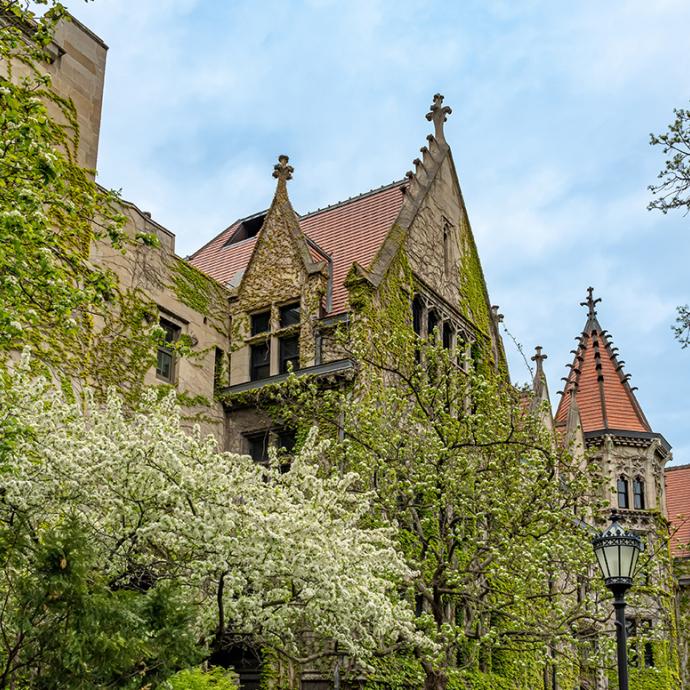
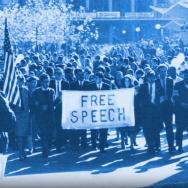
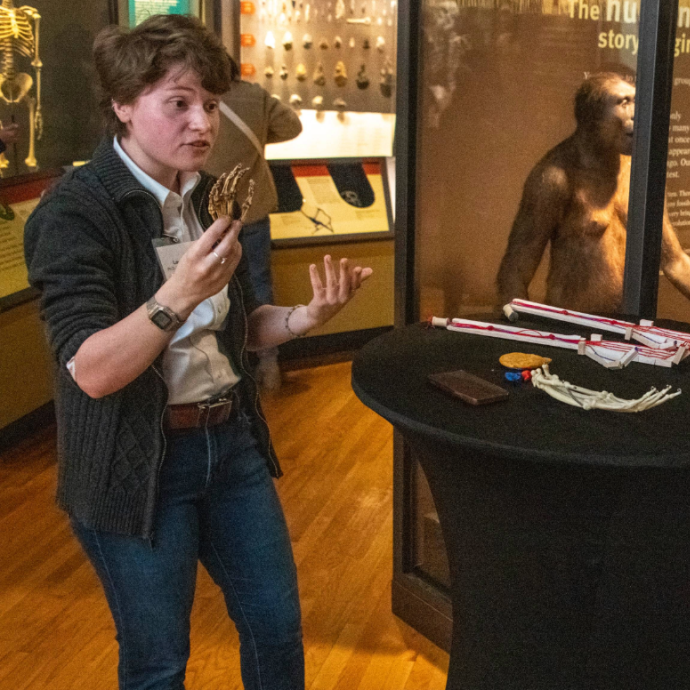
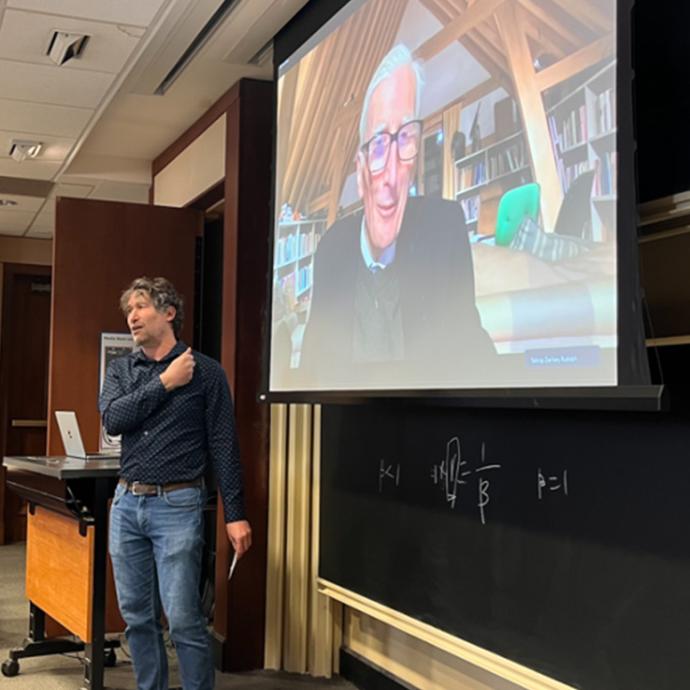


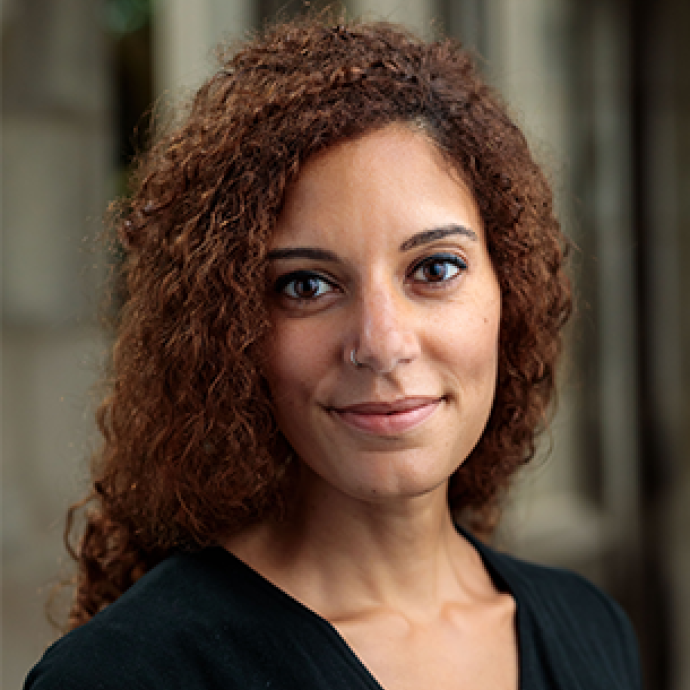
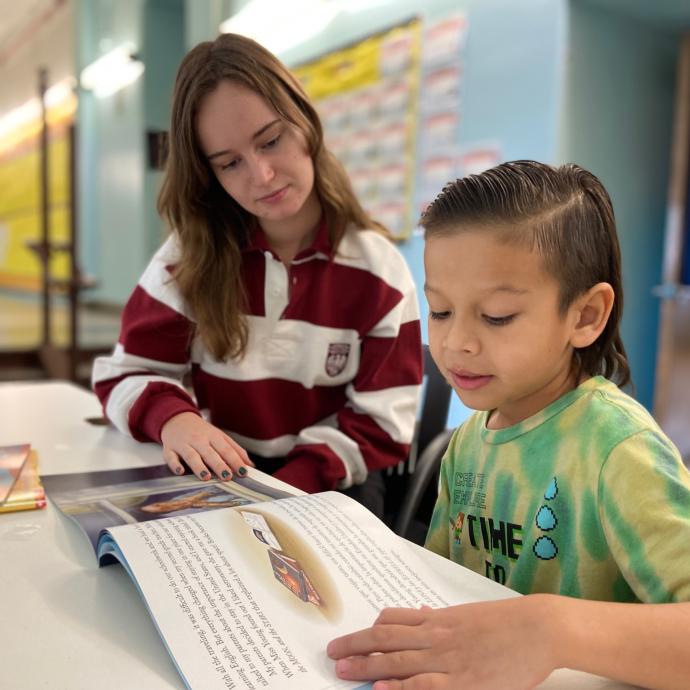


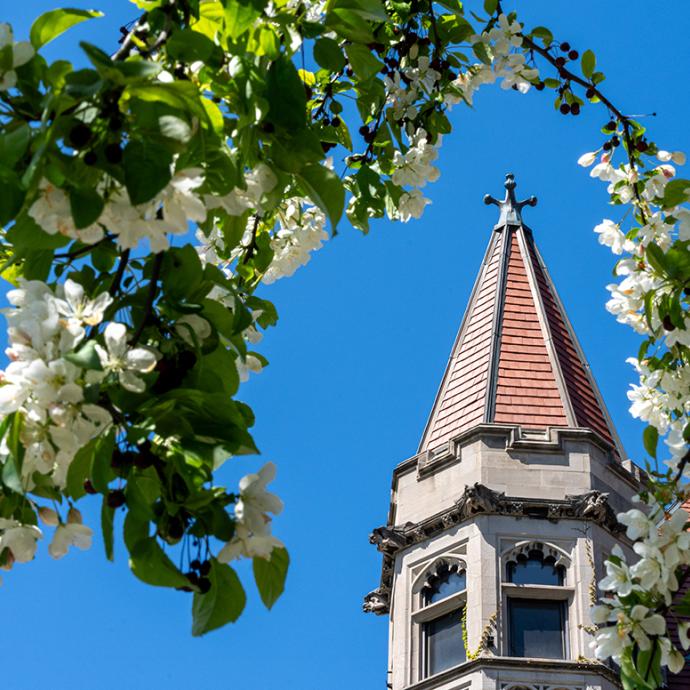
 —Prof. Chuan He
—Prof. Chuan He
